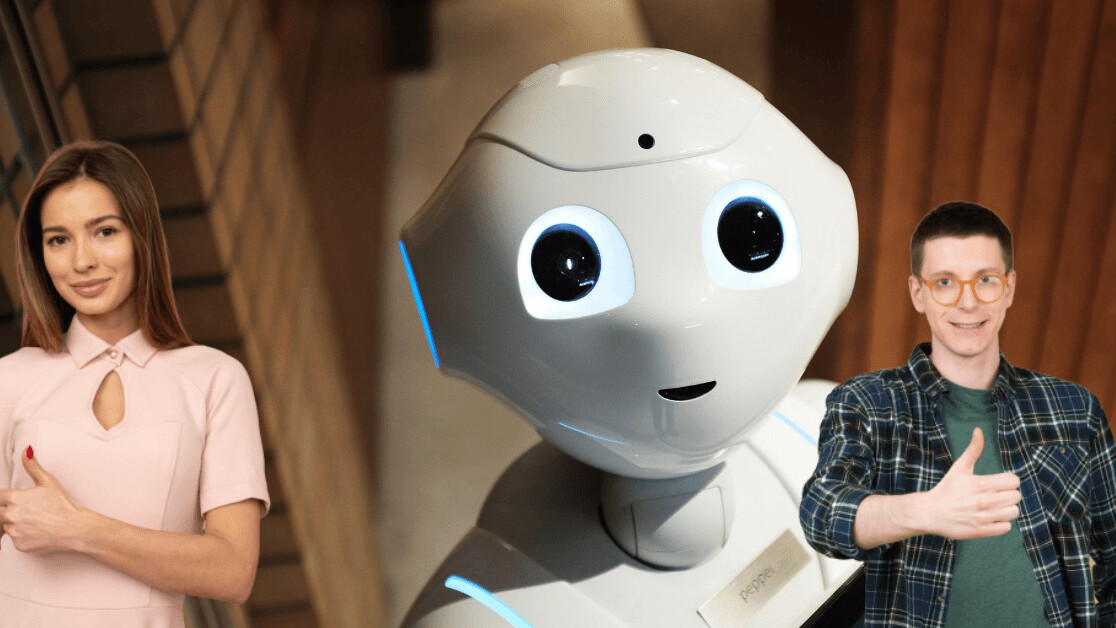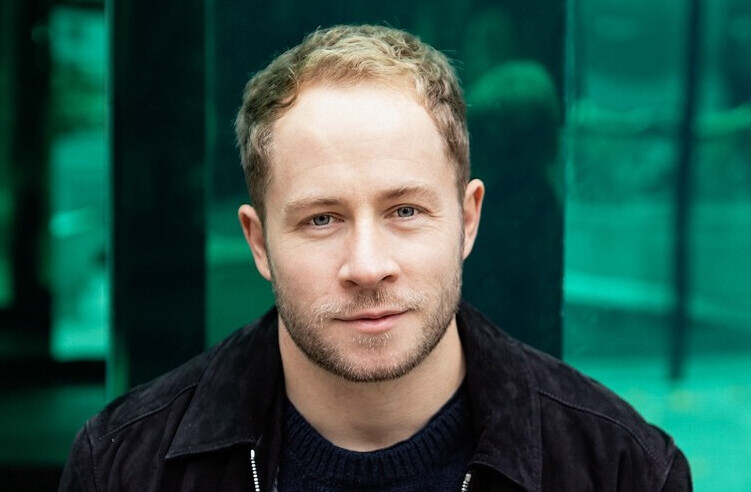
A number of academics and tech entrepreneurs agree: computer intelligence will one day meet and exceed human intelligence. But almost none of them agree on what happens after that.
Depending on who you ask, it could be the end of the world or the greatest period of human prosperity we’ve ever known. I am squarely in the prosperity camp, but Hollywood lends a lot of momentum to those in the doomsday camp. Movies like Terminator, Transcendence, and The Matrix share the archetypal plot point that machines will enslave or kill mankind. These stories are highly entertaining, but they have a selection bias for negative outcomes and fuel an unconscious narrative. They’re designed to sell tickets, not to educate or inform people. Even the smartest science fiction isn’t a textbook.
I’m happy to tell you I’ve actually spent lots of time with the textbooks. I sought out a university education in math and computer science, later co-founding an AI company in the manufacturing space. After operating it for 10 years, I enjoyed a healthy exit and started investing in other AI-centered startups.
I’ve spent a lot of time thinking about this stuff, and I take umbrage with the term “technological singularity.” The term suggests a looming darkness on the horizon, as though this hypothetical event is a single calendar item to worry about.
But it’s not one thing, it’s many things. It’s a function of change over time. Where Hollywood tells us to expect a big bang, we actually ought to expect a fire slowly warming up. You can already see the smoke if you know where to look.
Advanced AI is not on its way to ravage humanity. It’s going to inform the next era of human life, and I think that life will be good.
Your “busy work” will be automated
There are high-level and low-level parts to every job. A manager might get a rush deploying thoughtful, high-level strategies with his or her team, but when they start filling out a project report for management approval, the thrill is gone. What if it was all thrill instead?
A sufficiently advanced AI system could write that report in a flash if it had enough reliable data points. This hypothetical system might process all the calendar items and emails sent and received during a period of work, process the information, and generate a natural language summary for a superior. If you hated writing reports and suddenly had access to this system, it’d make a big difference in the quality of your work life.
But you don’t have to worry about AI replacing you at your job. It can lend a hand to the monotonous, uncreative tasks that might be a turnoff for the human worker.
You’ll spend more time in creative flow state
Scientists are just beginning to understand some of the ways in which we enter “flow,” a state characterized by complete absorption in what one does, with energized focus, loss of sense of time, and enjoyment of the process. When we are in flow state, we are primed for epiphanies or eureka moments, during interplay between frontal and afrontal cognitive states.
Most of us rarely have the opportunity to enter flow state, as our daily grind consists of commuting to work, rushing to meetings, taking phone calls, getting distracted by social media alerts on our smartphones, having to respond to texts and emails, and various other interruptions.
What if an AI system learned what made us get into our groove, and could design our day and schedule interactions so that we weren’t constantly interrupted and knocked out of the zone? Or for those that thrive on interaction, could schedule just the right amount of it to put us into flow state?
These are just a couple of ways AI systems could amplify both our happiness and our productivity, utilizing our peak creative output in a way that tapped into fulfillment.
Your human cognitive characteristics will become even more valuable
There are entire categories of cognitive process that present-day AI doesn’t stand a chance to automate. I’m talking about distinctly human traits like empathy and intuition, the stuff of inner life that exists behind the curtain. That’s hard for a machine to simulate, so there will always be room for humans (and the superhumans we’ll evolve into once we transcend biology) to add value to the economy.
When AI is available to automate low-level work tasks that used to require an entire human brain, it stands to reason that human brains will be able to take a load off. Now that those boring tasks have been automated away, this surplus of brainpower can go toward newer or more-interesting problems that still need creative solutions.
When IBM developed a high-powered chess engine that could crush the strongest human grandmaster, it didn’t ruin chess. Quite the opposite: human players got stronger because they had a new tool to use in studying the game.
It casts the “work smarter, not harder” cliche in a whole new light: what’s smarter than using tools that make a difference?
You’ll never forget anything
In his book The Inevitable, Kevin Kelly describes human intelligence as a “general” intelligence useful across a broad spectrum of problem-solving. But there are some inherent limits to this intelligence, like data retrieval. We humans can only remember so much stuff.
Have you ever tried to remember something and the effort of remembering caused you to forget it? This uniquely human shortcoming is called retrieval-induced inhibition, and artificial intelligence has no such limitation. If you direct it store something, it can later find it instantly.
It’ll help us all get along (with ourselves and each other)
AI augments our cognitive abilities when it closes loops that would otherwise be open and running on a human brain. It can’t automatically solve the world’s diplomatic crises (yet), but we’re already leaning on it to better get along with friends, family, and colleagues.
Popular Gmail plugin Boomerang revealed an AI tool in 2016 to help the user get a response from the email recipient. If Boomerang detected a rude tone or a too-short subject line, it would offer suggestions for improving the message’s likelihood of response.
Hypothetical AI systems of the future could take this idea several steps further. Beyond ghostwriting your emails, they might turn into something closely echoing sci-fi-style virtual assistants. They could issue recommendations to save us from decision paralysis, lending suggestions for what to wear on a given day or to what to cook for dinner that night. Down the road these tools might even offer advice for better interacting with family and friends in person.
I don’t worry about the singularity because I don’t think about it as an apocalyptic event. It’s more like an era of time where humanity sheds the old to make room for new, and it’s going to be good. We ought to call it the Augmented Age, because humans will be augmented to superhuman levels by AI.
In stark contrast to the dystopian visions of Terminator and The Matrix, the singularity won’t involve cataclysmic battles, but will be an era of creativity and fulfillment.
At TNW 2019, we have a whole track dedicated to exploring the role of AI and machine learning in our professional and daily lives. Find out more here.
Get the TNW newsletter
Get the most important tech news in your inbox each week.





